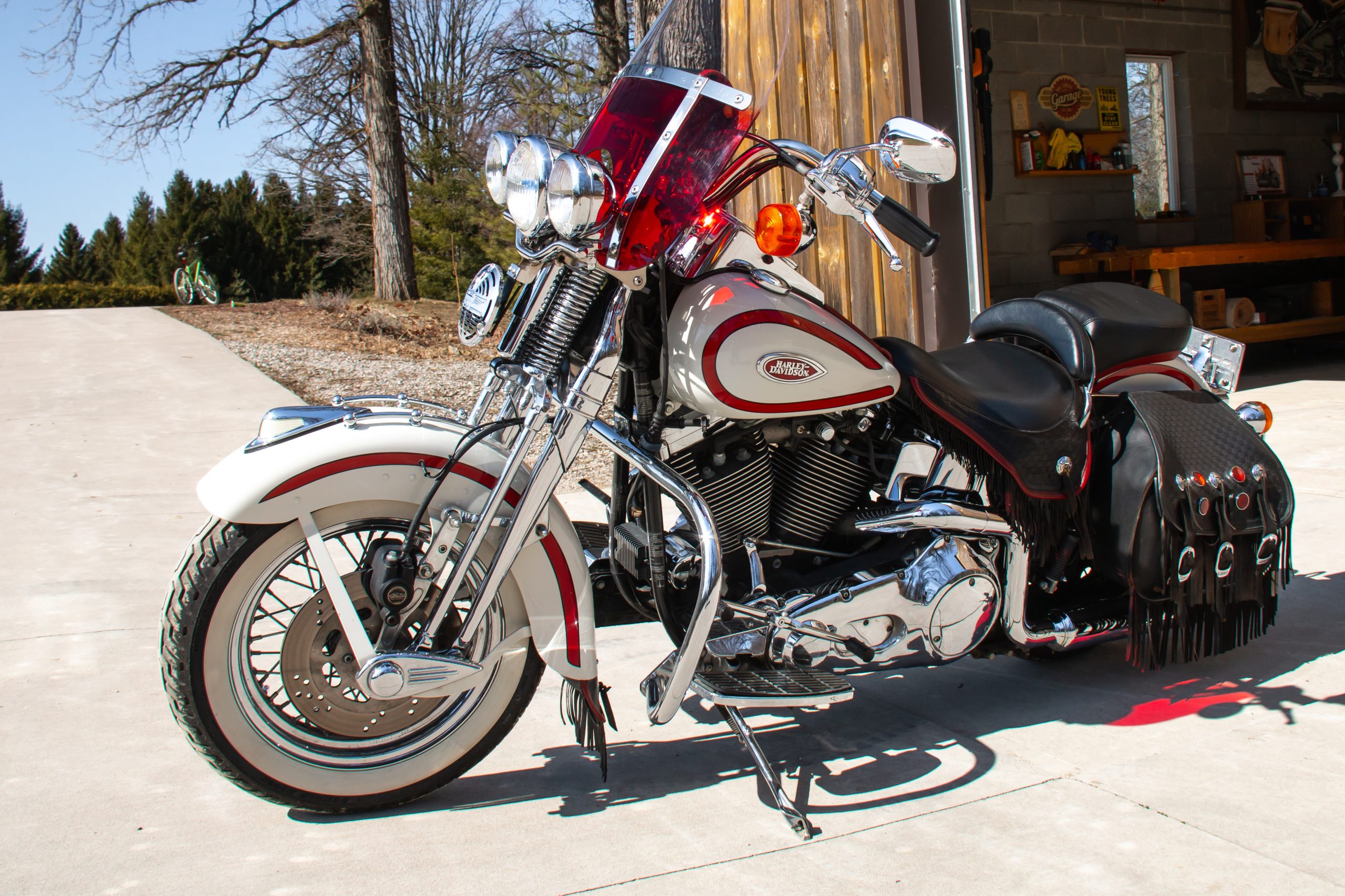What to Know About Taxes and Selling a Used Powersport Vehicle

When it comes to selling a used powersport vehicle, such as a motorcycle, ATV, or UTV, many people focus on the process of listing the vehicle, finding a buyer, and finalizing the transaction. However, one important aspect that often gets overlooked is the potential tax implications of selling a used vehicle. Whether you are selling a car, motorcycle, or ATV, understanding how the sale can affect your tax situation is crucial. This article covers key tax tips for selling a used powersport vehicle and how to navigate the process smoothly
The Basics of Selling a Used Vehicle
When you sell a vehicle, you are essentially transferring ownership from one party to another. This seems like a straightforward transaction, but it can have various tax consequences. Your profit, sale amount, and local tax laws can all affect your tax situation.
In general, the sale of a used vehicle may or may not be taxable, depending on whether you are considered to have made a profit from the sale. Below, we will dive into the key factors that affect the tax implications of selling a used powersport vehicle.
Is Selling a Used Powersport Vehicle Taxable?
Whether or not the sale of your used powersport vehicle will be taxed depends on the circumstances. In most cases, if you are selling a vehicle for less than what you originally paid for it (i.e., you are selling it at a loss), you are not required to report the sale on your taxes. However, if you sell the vehicle for more than what you paid for it, you may need to pay taxes on the profit you made from the sale.
Selling at a Loss
If you’re selling your motorcycle, ATV, or UTV at a loss, meaning the vehicle is worth less than what you originally paid for it, there are typically no tax consequences. This is because the IRS does not require individuals to report personal property sales where they lose money. Therefore, you generally won’t owe taxes on the transaction.
For example, if you bought your ATV for $8,000 and later sold it for $6,000, the sale is considered a loss. In this case, you wouldn’t have to worry about paying taxes on the $2,000 difference.
Selling at a Profit
On the other hand, if you sell your powersport vehicle for more than you initially paid, the IRS may consider the sale taxable, and you may owe taxes on the profit, also known as a capital gain. This applies to any vehicle, whether it’s a motorcycle, ATV, or UTV.
For example, if you purchased a used motorcycle for $6,000 and sold it for $7,500, you made a profit of $1,500. That $1,500 could be subject to capital gains tax, which is the tax applied to the profit from the sale of personal property.
It’s important to note that the IRS typically applies the same rules to selling vehicles as it does to selling other types of personal property. If you regularly buy and sell vehicles—such as a dealer—you may face different tax treatment and likely need to report the income as business income.
What Kind of Taxes Apply to Selling a Used Vehicle?
When it comes to taxes on the sale of a used powersport vehicle, several types of taxes may apply. Here’s a breakdown of the most common tax scenarios:
Sales Tax
In many U.S. states, sellers don’t have to collect sales tax from the buyer when selling a used vehicle, including motorcycles, ATVs, or UTVs. Sales tax on used vehicles typically applies when the buyer registers the vehicle with the state’s motor vehicle department. This is a tax on the buyer rather than the seller. However, there are some exceptions depending on the state’s tax laws, so it’s important to check with your local government or consult with a tax professional for specific details.
Capital Gains Tax
As mentioned, if you sell your powersport vehicle for a profit, you may be subject to capital gains tax. The tax rate on capital gains can vary depending on how long you’ve owned the vehicle and your income bracket. If you’ve owned the vehicle for more than a year, the IRS may apply long-term capital gains tax rates, which tend to be lower than short-term capital gains rates. If you’ve owned the vehicle for less than a year, short-term capital gains tax will apply, and these rates are typically higher.
Long-term capital gains tax rates range from 0% to 20% depending on your income level, while short-term rates can be as high as your ordinary income tax rate, which is based on your overall income.
State-Specific Taxes
In addition to federal taxes, some states have specific rules regarding the sale of used vehicles. For example, certain states may impose a specific tax on vehicle sales or may require you to submit paperwork or pay fees when selling your vehicle. It’s crucial to research the specific requirements in your state to ensure you comply with local tax laws.
How to Report the Sale of a Used Vehicle on Your Taxes
If you sell your powersport vehicle and need to report the sale, your reporting process depends on whether you made a profit or took a loss. Here’s how to report the sale on your tax return:
Selling at a Loss
If you sold your vehicle at a loss, you do not need to report the sale on your tax return. The IRS does not require individuals to report personal property sales where they incur a loss.
Selling at a Profit
If you made a profit from the sale of your motorcycle, ATV, or UTV, you will need to report the sale on your taxes. To do this, you’ll typically use Schedule D (Capital Gains and Losses) to report the sale of personal property. The IRS will require you to provide details about the vehicle, such as the purchase price, the sale price, and the date of sale.
If the sale is taxable, you will pay taxes on the profit you made, and the amount of taxes owed will depend on the duration of ownership and your tax bracket.
Important Considerations When Selling a Vehicle
Before you list your powersport vehicle for sale, there are a few additional things to consider:
- Vehicle Documentation: Ensure you have all the necessary paperwork, such as the title, maintenance records, and proof of ownership. Having these documents ready can streamline the sale process and protect you legally.
- Depreciation: Keep in mind that most powersport vehicles, like motorcycles and ATVs, depreciate over time. This means that even if you bought the vehicle for a certain price, its current market value might be lower.
- Selling as a Private Party vs. Dealer: If you sell your vehicle to a dealer, you may not have to worry about taxes, as the dealer typically handles all the necessary paperwork and taxes. However, selling as a private party means you’ll be responsible for the tax implications.
- Consult a Tax Professional: If you’re unsure about the tax consequences of selling your powersport vehicle, it’s always a good idea to consult with a tax professional. They can help you navigate the process and ensure you comply with all tax laws.
Conclusion
Selling a used powersport vehicle can be a profitable transaction, but it’s essential to understand the tax implications that may come with it. Whether you’re selling a motorcycle, ATV, or UTV, knowing whether you’ll owe taxes on the sale can help you plan ahead and avoid surprises. If you’re selling at a profit, you may need to report the sale and pay capital gains taxes. Always be sure to check with your state and federal tax laws, and consult a tax professional to ensure you handle the sale correctly. By understanding these tax considerations, you can confidently navigate the process of selling your used powersport vehicle while avoiding any unwanted financial pitfalls.
Visit Powersport Buyers today to receive a competitive offer and experience a professional, efficient selling process.


